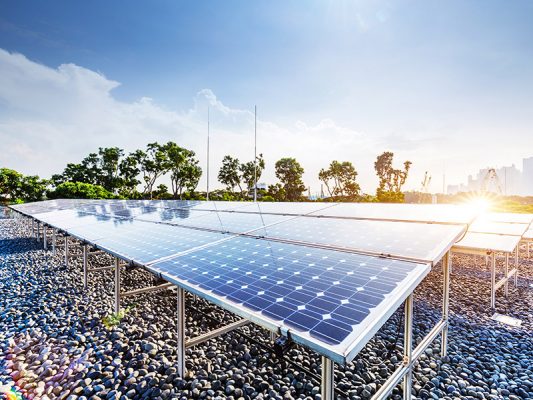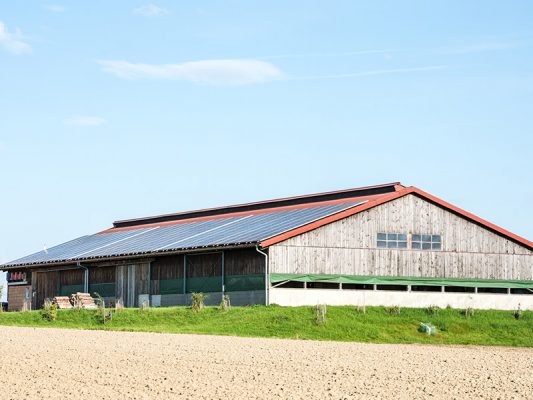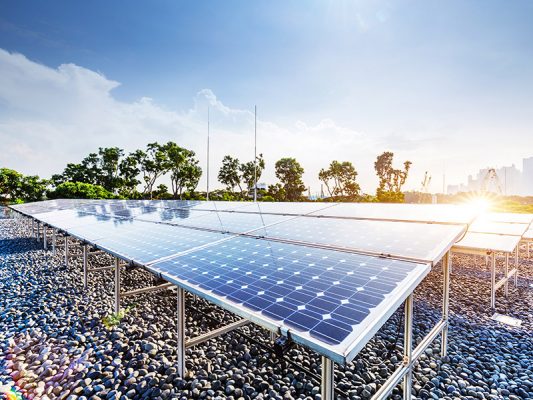Solar Panels For Commercial
Regardless of sector or industry, most businesses can gain considerable advantages from commercial solar panels. Whether it be to cut costs, reduce carbon footprint or future proofing the business energy supply, commercial solar panels can offer the perfect energy solution. As a result, the installation of commercial solar panels has seen a steady rise in the recent past. The majority of businesses are active mainly during the daytime, which is when solar panels will produce the most energy, thereby offering a massive saving on bills that are often in the thousands of pounds. Energy intensive industries will see the largest gains, but the many advantages that commercial solar panels have to offer can be applied across a huge number of sectors.
The Tax Implications
If the solar panels are providing your business with power as their main purpose then you will not have to pay tax on any incentives offered through them.
The only time that tax would have to be paid on solar panel income is if you created a solar farm where the sole purpose of the panels was to generate a profit.
Planning Permission
Up to 2012, planning permission was not required for domestic properties but was required for commercial properties. From April 2012, commercial and agricultural properties no longer have to apply for planning permission in order to have a solar panel installation. This ruling applies to systems up to 50 Kwp for electricity and up to 45 kilowatts for thermal. The only exception to this rule is if the commercial property is a listed building in which case planning permission will still be required.
Solar energy is becoming the power supply of choice for industrial applications, especially where power is required at remote locations. Requiring little maintenance and being highly reliable, solar panels are ideal in distant or isolated places; an extreme of such would be a satellite in space.
Solar energy is also frequently used for transportation signalling, such as offshore navigation buoys, lighthouses, aircraft warning light structures, and increasingly in road traffic warning signals. Solar is used to power environmental monitoring equipment and corrosion protection systems for pipelines, well-heads, bridges, and other structures. For larger electrical loads, it can be cost-effective to configure a hybrid power system that links the PV with a small diesel generator.
Catering, Hospitality and Leisure
Energy is a huge cost to the hospitality and leisure sector. Gyms, hotels and leisure centres spend vast amounts on electricity and quite often have large roof space which is not being used. Solar panels could bring in huge savings to energy bills. Some may also qualify for the PPA to help with installation costs.

Construction and Engineering
The construction sector is under increasing pressure to meet minimum renewable energy requirements. For example, the PART L regulation insists that 10% of electricity consumed by a new-build must be self-sufficient. Including a solar panel system into the buildings’ plans and construction budget will see great returns on energy saving. It is also worth looking into a PPA for installation support.

Farming and Agriculture
An agricultural operation like a poultry or dairy farm could greatly benefit from making good use of the space by installing solar panels. Extra income could be earned by selling back surplus energy to the grid. A solar panel system will also increase a farm’s green credentials which is an attractive proposition to some retailers. Some suppliers offer schemes to take the burden off the cost of installation with a Power Purchase Agreement (PPA) which will install a system for free and allow the farm to purchase the energy at an agreed rate, lower than a typical energy supplier.

Government and Public Sector
Solar energy is certainly something for the public sector to consider and which could bring benefits to social housing, hospitals, transport and schools. Reducing the cost of electricity will make a substantial saving to the maintenance of these buildings as well as showcasing that local authorities are greener thinking and innovative. There are also financial schemes available to help with the cost of installation.

Schools, Colleges and Universities
Educational premises are often on sites with large roof space which could be better used by installing solar panels. Not only will they see a financial advantage from solar power in reduced bills and possible income from exported electricity, but on a wider level, it will help to raise awareness of renewable energy. Some suppliers offer schemes to take the burden off the cost of installation with a PPA.

Shops and Retail
For retailers with large overheads who are constantly competing with the online market, cutting down expensive energy bills with solar power would bring well needed savings. For self-funded panels, retailers could earn an extra income from any export of power. Some may also qualify for the PPA to help with installation costs. Retailers powering their facility through green energy could also send a positive message to customers.

Hospitals and Healthcare
With expensive medical equipment that requires a lot of power to operate, private hospitals, clinics and surgeries would benefit from the savings made from solar power on their energy bills. Some of these healthcare companies may also be eligible for a PPA if self-funding the installation is not an option.

Offices
The usual benefits of reduced energy bills and extra income apply to businesses that own their office space. For corporate landlords who may not see the value in a large investment with the benefit of reduced energy bills going to tenants, solar energy will contribute favourably towards your energy efficiency assessment. The PPA is also available to fund it and reduced, greener bills may attract future tenants.

Warehouses and Manufacturing
With government pressure for all companies to reduce their carbon footprint and the manufacturing sector powering large machinery, installing solar energy is a good move. By helping the environment, it also sends a positive message to the rest of the supply chain about the company’s green ethics. Manufacturing companies may also be able to save costs through a PPA.










